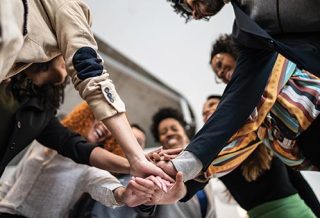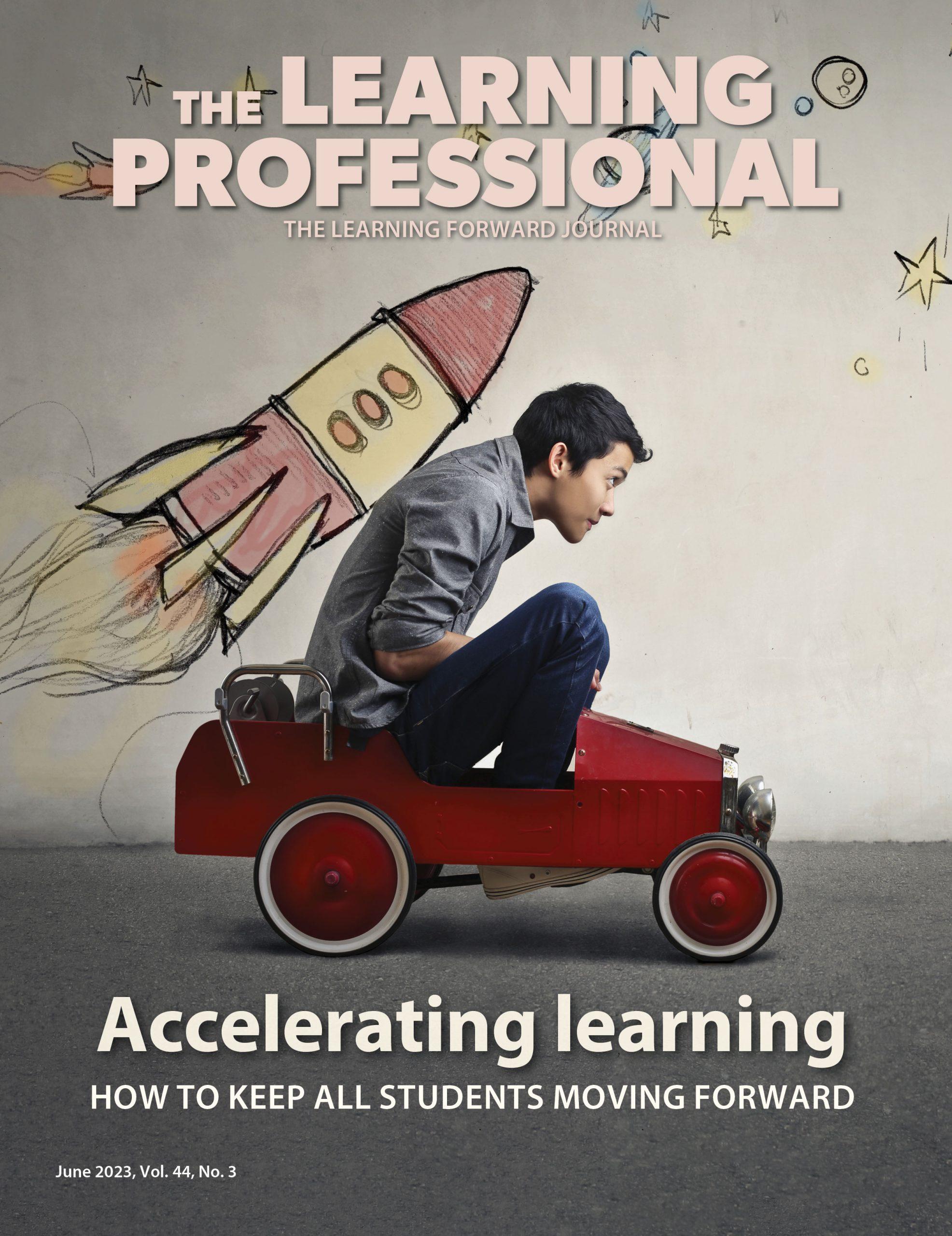IDEAS
Record, replay, reflect
By Jody Bintz and Nicole I.Z. Wickler
Categories: Coaching, Collaboration, College- and career-ready standards, Implementation, Instructional materials/curriculum, Learning communities, Learning designs, Learning systems/planning, TechnologyAugust 2020
Vol. 41, No. 4
Read the remaining content with membership access. Join or log in below to continue.
Sed ut perspiciatis unde omnis iste natus error sit voluptatem accusantium doloremque laudantium, totam rem aperiam, eaque ipsa quae ab illo inventore veritatis et quasi architecto beatae vitae dicta sunt explicabo. Nemo enim ipsam voluptatem quia voluptas sit aspernatur aut odit aut fugit, sed quia consequuntur magni dolores eos qui ratione voluptatem sequi nesciunt. Neque porro quisquam est, qui dolorem ipsum quia dolor sit amet, consectetur, adipisci velit, sed quia non numquam eius modi tempora incidunt ut labore et dolore magnam aliquam quaerat voluptatem.
References
Knight, J. (2014). Focus on teaching: Using video for high-impact instruction. Corwin.
Learning Forward. (2011). Standards for Professional Learning. Author.
McDonald, J.P., Mohr, N., Dichter, A., & McDonald, E.C. (2007). The power of protocols: An educator’s guide to better practice (2nd ed.). Teachers College Press.
Taylor, J.A., Roth, K.J., Wilson, C.D., Stuhlsatz, M.A., & Tipton, E. (2017). The effect of an analysis-of-practice, videocase-based, teacher professional development program on elementary students’ science achievement. Journal of Research on Educational Effectiveness, 10, 241-271.
Wickler, N.I.Z., Roth, K.J., Eddy, R.M., & Beardsley, P. (2018). Scaling an effective analysis-of-practice pd program in an urban district: Developing elementary science teacher leaders. American Educational Research Association International Conference, New York, NY.
Categories: Coaching, Collaboration, College- and career-ready standards, Implementation, Instructional materials/curriculum, Learning communities, Learning designs, Learning systems/planning, Technology
Recent Issues
TAKING THE NEXT STEP
December 2023
Professional learning can open up new roles and challenges and help...
REACHING ALL LEARNERS
October 2023
Both special education and general education teachers need support to help...
THE TIME DILEMMA
August 2023
Prioritizing professional learning time is an investment in educators and...
ACCELERATING LEARNING
June 2023
Acceleration aims to ensure all students overcome learning gaps to do...











